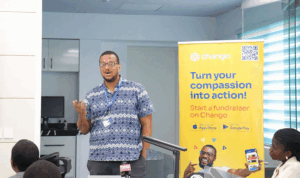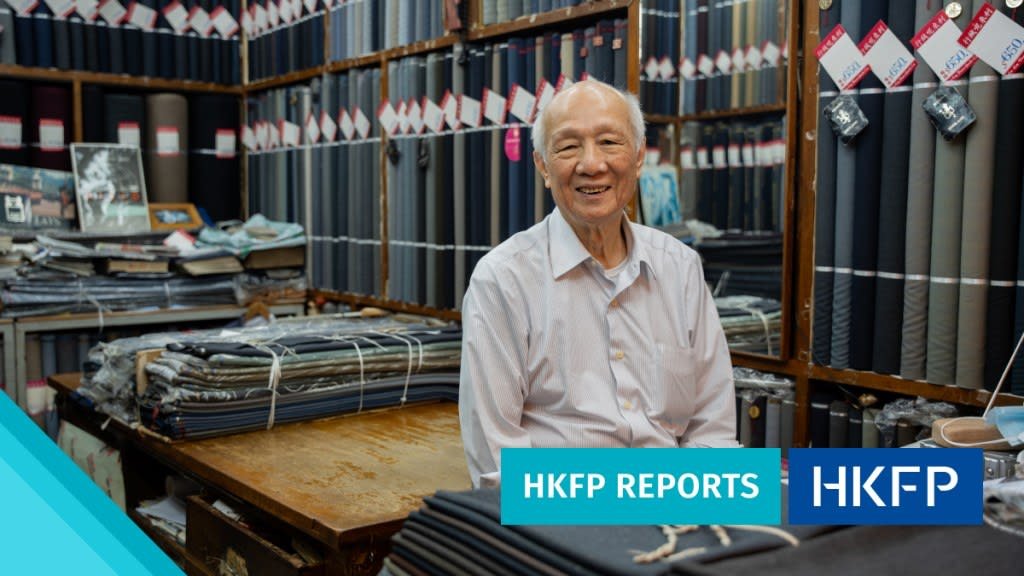
AI Chief Urges Multi-Stakeholder Action to Tackle AI’s Dangers
Romeo Bugyei, CEO of IT Consortium—a prominent technology firm in Africa—has called upon the media, private sector, and government to join forces against AI-generated misinformation, emphasizing that such false information could potentially endanger national security.
During a workshop organized by the UK-Ghana Chamber of Commerce (UKGCC) and the Institute of Financial and Economic Journalists (IFEJ), held to mark World Press Freedom Day with the theme “Reporting in the Brave New World: The Impact of Artificial Intelligence on Press Freedom and the Media,” Mr. Bugyei commented, “Everyone understands that journalists do not receive adequate compensation in our nation. Given that depending entirely on free versions of AI tools isn’t always feasible for addressing AI-fueled disinformation, the cost of producing and sustaining journalism increases.”
This suggests that an individual with sufficient funds could potentially inflict significant damage upon the country and its economic stability covertly, thereby presenting a risk to national security.
In my view, there is significant potential for collaboration between the private sector and the media. This partnership could assist us in fostering the type of truth we aim to uphold. Additionally, advocating for governmental support would be beneficial.”
He similarly encouraged reporters to enhance their journalistic integrity by proactively seeking to comprehend AI and its influence on accuracy and news coverage.
“He mentioned that your role in protecting financial data and analysis is crucial for the nation’s progress. Hence, if you plan to wait to be instructed before taking necessary actions, you will fall behind,” he stated.
Media and artificial intelligence: possibilities, dangers, and hurdles
Artificial Intelligence emerged as an academic discipline in the 1950s. By the 1990s, the development of machine learning enabled computers to acquire knowledge through data analysis rather than specific instructions. In late 2022, the introduction of ChatGPT by OpenAI propelled generative AI into widespread use.
AI has arguably boosted journalists’ efficiency. With AI-driven tools, they can swiftly derive insights, allowing them more time to craft deeper narratives, overcome linguistic obstacles, and analyze their audience effectively.
Nonetheless, AI presents greater risks and challenges to liberty, free speech, and access to information.
These encompass algorithmic prejudice in content distribution that may distort public perception and restrict access to well-rounded reporting, censorship via artificial intelligence employed by authoritarian governments to suppress voices of both domestic and international reporters, skewed technological ecosystems, as well as fabricated videos known as deepfakes and disinformation initiatives.
Moreover, artificial intelligence has been employed to track journalists, gain access to their smartphones, determine their locations, and reveal informants, thereby eliminating the possibility of safeguarding whistleblowers.
Artificial intelligence has also altered advertising revenues, diverting them towards technology corporations and reducing the flow to conventional news outlets which depend on this income for their sustenance and editorial autonomy.
Moreover, AI’s capability to summarize news without giving credit results in reduced traffic and revenue for publishers, as well as readers consuming repurposed content instead.
Jerry Agudogo, a Senior Research Engineer at IT Consortium, discussed the risks and challenges associated with artificial intelligence, stating, “The distinction between truth and falsehood is not only threatened but has been nearly obliterated.”
We aren’t sure what the future holds, nor do we possess all the answers. However, we understand that journalists and a free press are crucial for addressing this issue.”
Mr. Agudogo stated that “one of the most significant actions is to provide journalists with every possible tool involving AI so they can effectively unearth information. Additionally, there needs to be proper legislation, particularly concerning aspects like surveillance and the algorithmic management of content.”
“The journalist as an information verifier and digital guardian will be more relevant than ever, especially now that the world is about to be flooded with more disinformation than ever”, he concluded.
Worldwide Afatsiawo, who leads External Relations at UKGCC, agreed with Mr. Agudogo that although significant concerns persist regarding the overlap between AI and media practices, “there is also considerable optimism about what lies ahead.”
Mrs. Afatsiawo confirmed Mr. Bugyei of the UKGCC’s ongoing commitment to supporting IT Consortium as part of their membership within the UKGCC. She expressed hope that the collaboration between UKGCC and IFEJ, established in 2021, would persist, particularly in fostering connections between IFEJ and local businesses.
In turn, Rayborn Bulley, who serves as the President of IFEJ, expressed his wish that the journalists present would leverage the knowledge gained from the workshop for their advantage.
Provided by Syndigate Media Inc. (
Syndigate.info
).
Share this content:



















Post Comment